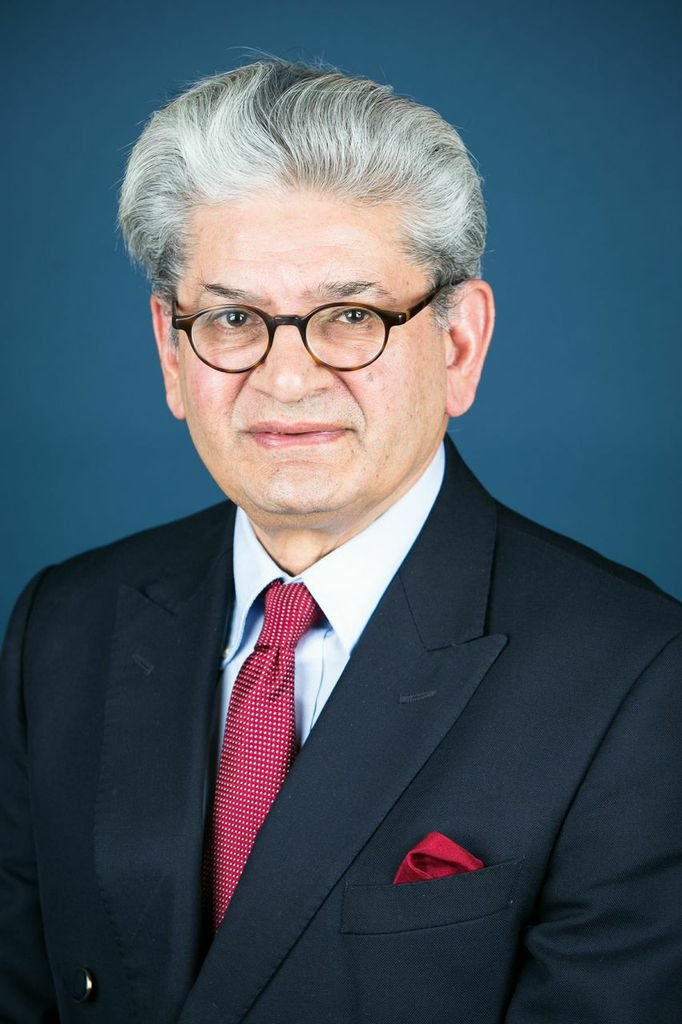In the 1980’s and 1990’s, the IMF and the US Treasury tried to push capital-market liberalization around the world, encountering enormous opposition, not only from developing countries, but from economists who were less enamored of the doctrines of free and unfettered markets, of market fundamentalism, that were at that time being preached by the international economic institutions. The economic crises of the late 1990s and the early years of the new millenium, which were partly, or even largely, attributable to capital-market liberalization, reinforced those reservations. This paper takes as its point of departure a recent IMF paper, to provide insights both into how the IMF could have gone so wrong in its advocacy of capital-market liberalization and into why capital-market liberalization has so often led to increased economic instability, not to economic growth.

Remarks by Martín Guzmán at 12th Edition of the Paris Forum: Key findings and conclusions of the Jubilee Report
Dear members of the Paris Club Secretariat, Thank you for the invitation to present some of the key findings and conclusions of the Jubilee Report, commissioned by Pope Francis and prepared by a Commission of
 Joseph Stiglitz
Joseph Stiglitz Arjun Jayadev
Arjun Jayadev Akbar Noman
Akbar Noman Barbara Fritz
Barbara Fritz